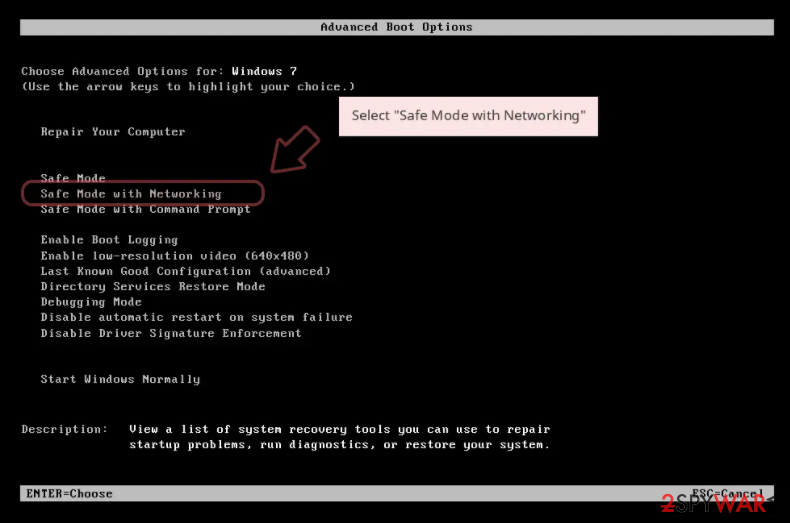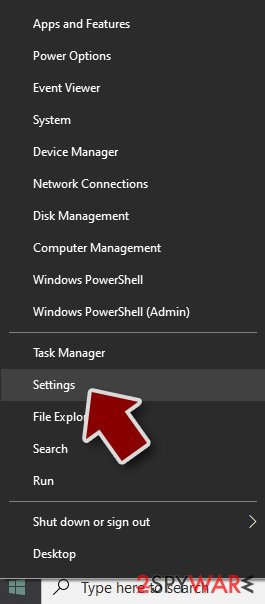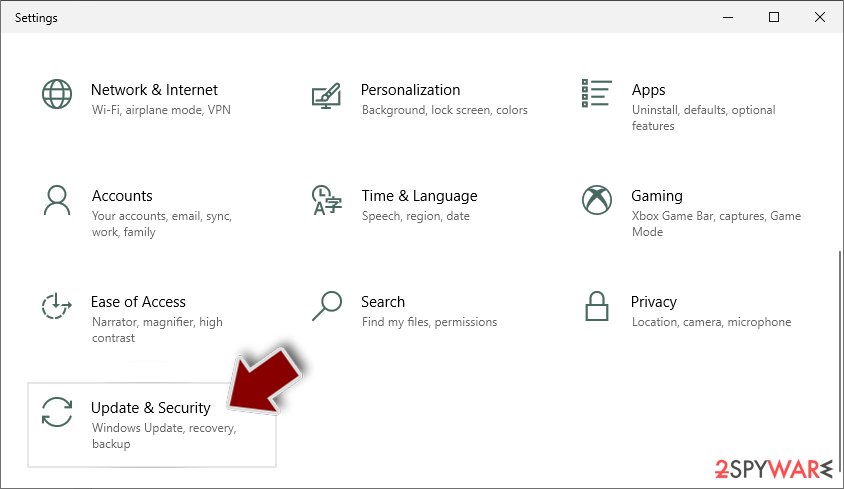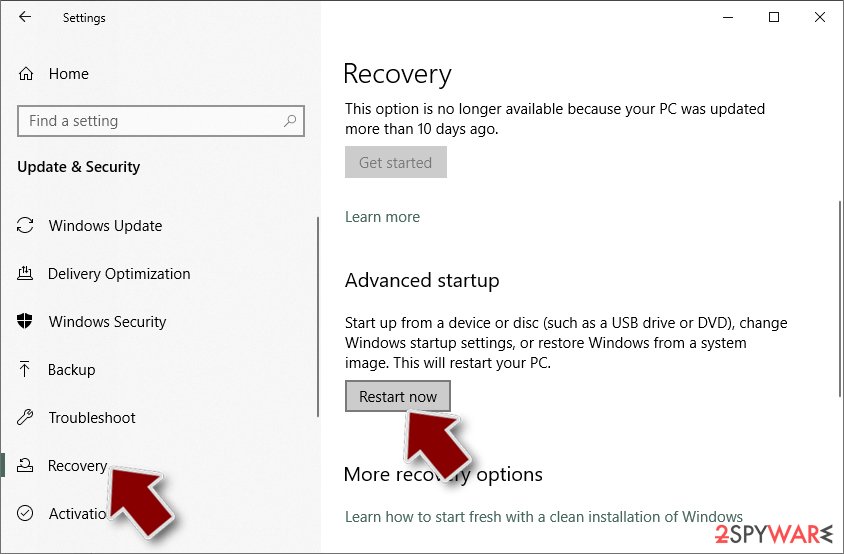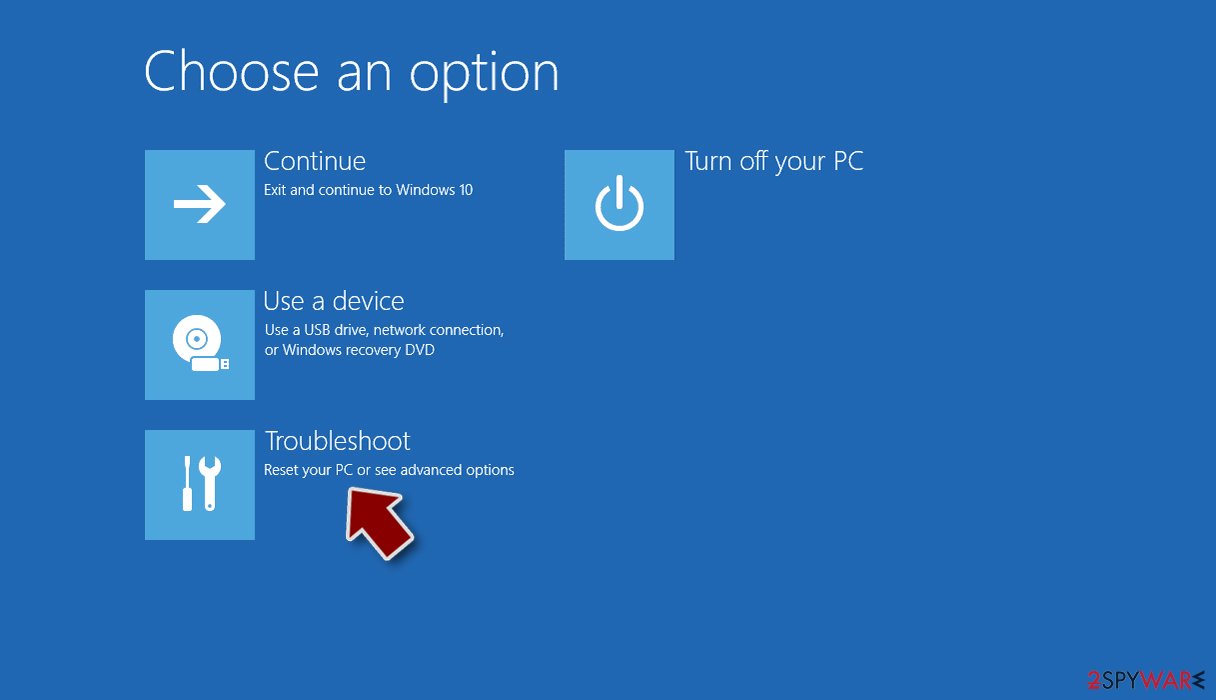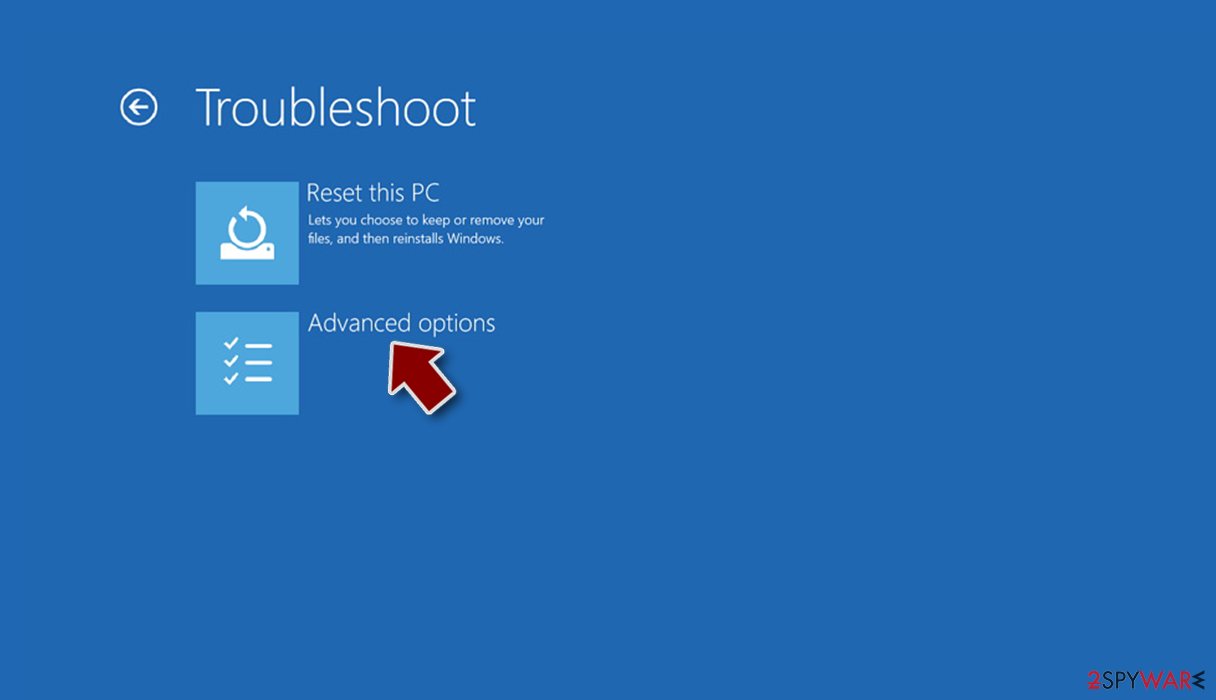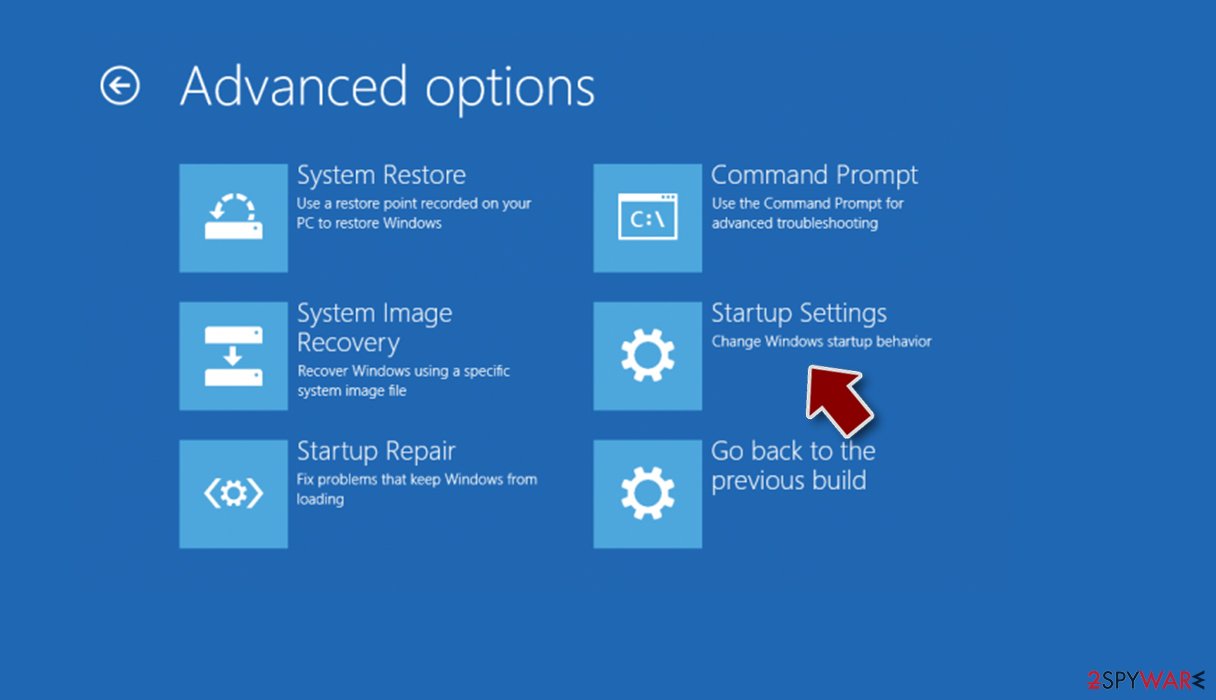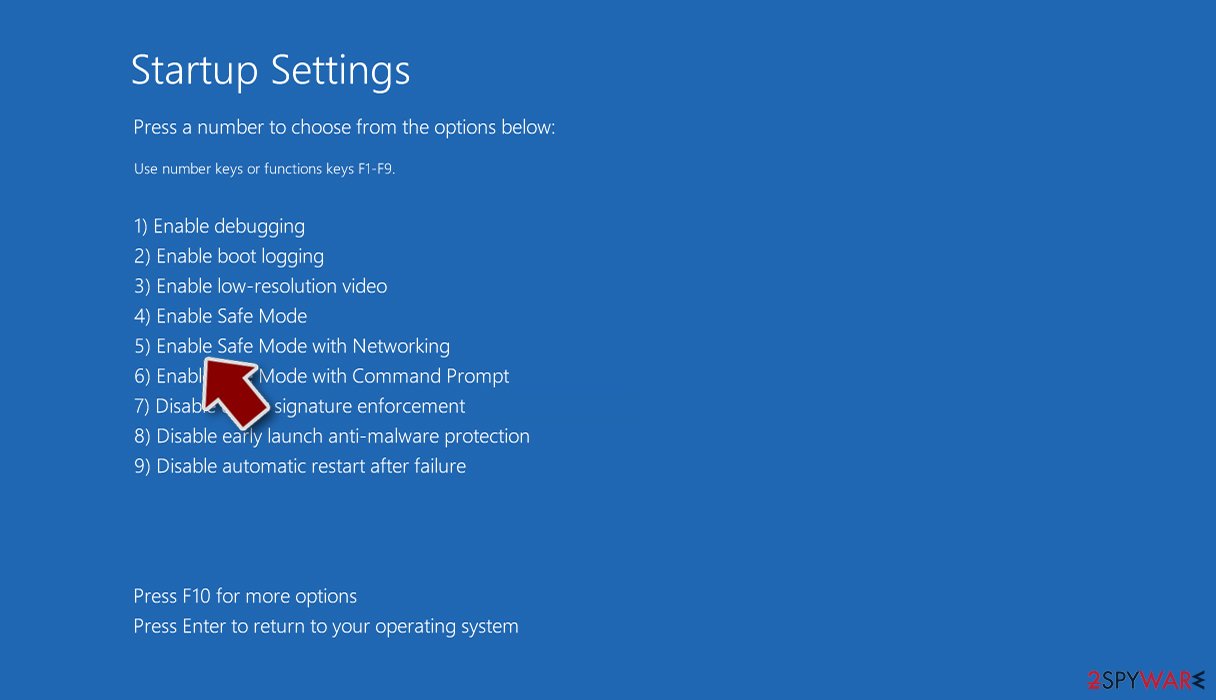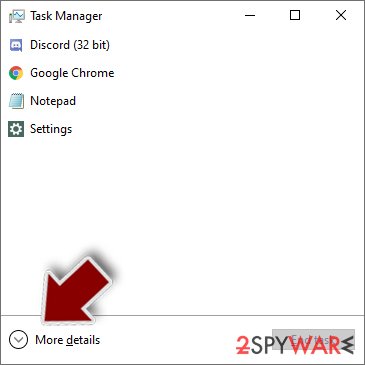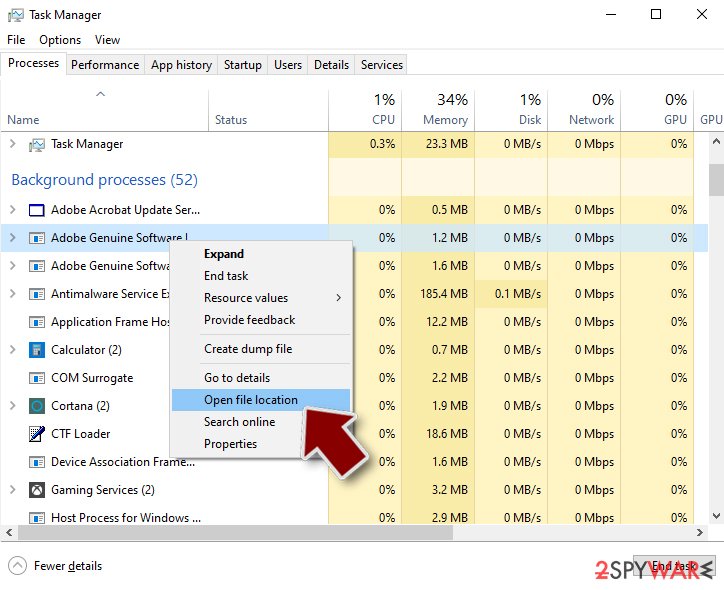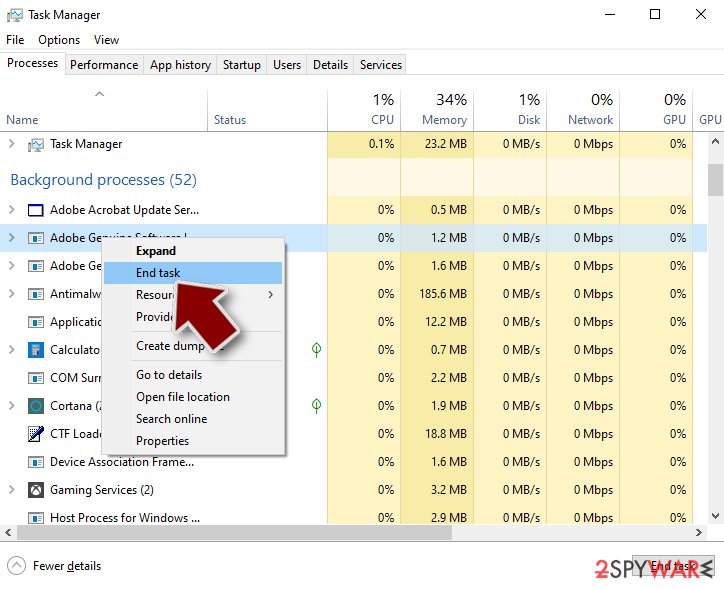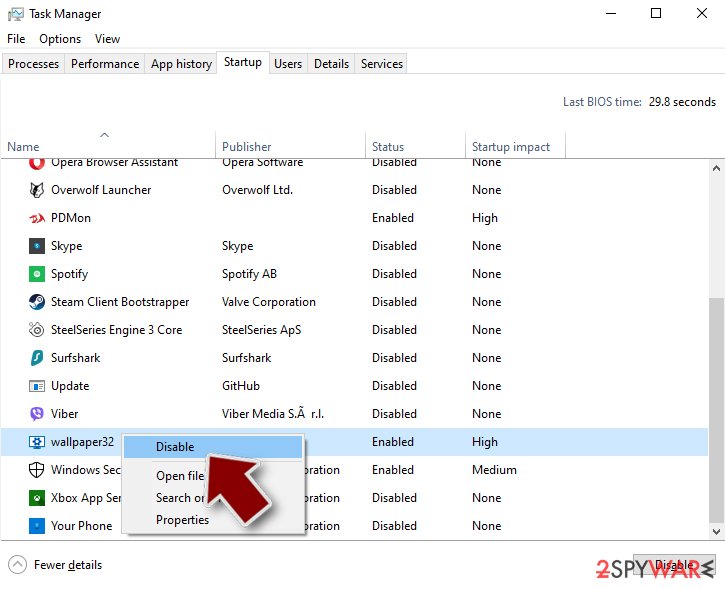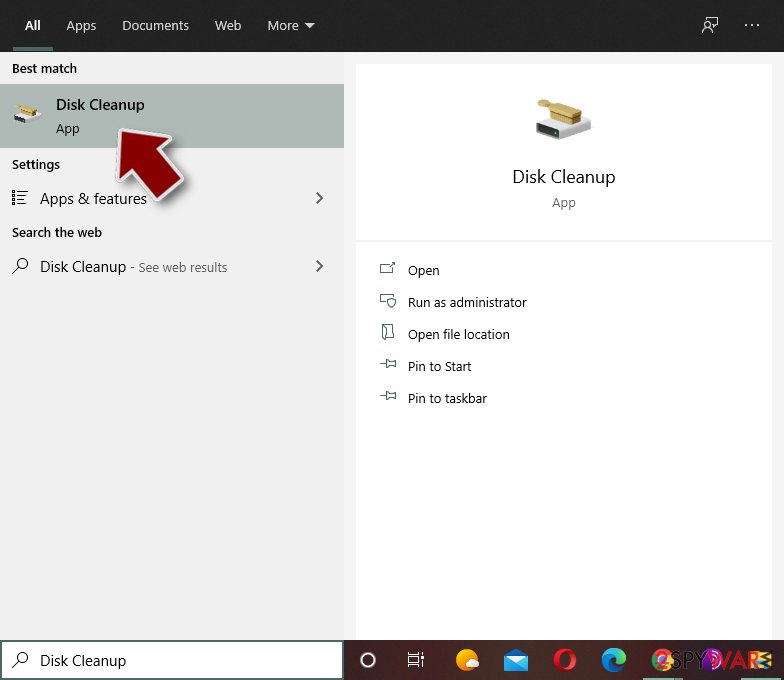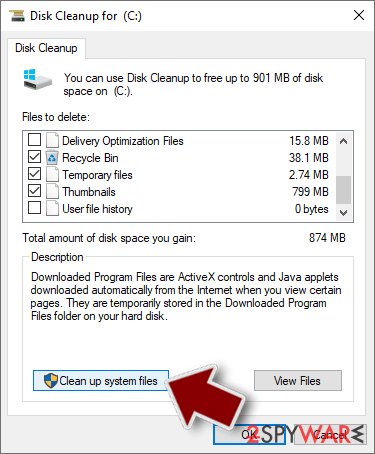Riskware.GameHack (Virus Removal Guide) - Free Instructions
Riskware.GameHack Removal Guide
What is Riskware.GameHack?
Riskware.GameHack – a high-risk program that is related to cheating in video games
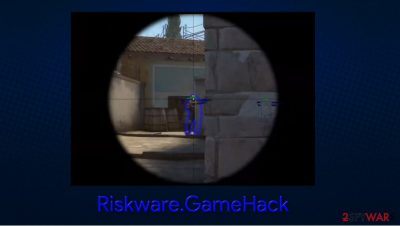
Riskware.GameHack is a heuristic detection name for an executable file that could be downloaded from torrents, warez, or similar insecure websites. The program's main purpose is to allow users to gain an unfair advantage in a particular game after applying the hack. In other cases, files within the pirated game folders can also be indicated as such.
The question that most users have is whether Riskware GameHack is a virus or not. Technically, this should be treated exactly as software cracks are – these executables can hide anything within them, so malware infection, such as ransomware, backdoor,[1], or a Trojan can easily occur. If you attempted to install a cheat on your computer and ignored anti-malware warnings, check out this article in order to make sure your personal information is safe and the machine is clear from infections.
| Name | Riskware.GameHack, Riskware GameHack |
|---|---|
| Type | Game cheat, crack, Trojan |
| Danger level | Medium. Might not necessarily install malware but is used for illegal purposes |
| Purpose |
|
| Distribution | Various insecure websites, including torrents, warez, crack sites |
| Malware removal | Perform a full system scan with powerful security software, such as SpyHunter 5Combo Cleaner If necessary, you can access Safe Mode with Networking as explained below |
| System fix | Malware can seriously tamper with Windows systems, causing errors, crashes, lag, and other stability issues after it is terminated. To remediate the OS and avoid its reinstallation, we recommend scanning it with the FortectIntego repair tool |
In most cases, users install Riskware.GameHack themselves from untrustworthy websites. After using a game cheat, players might be able to see through walls or aim at an enemy player automatically. While many game developers implement protection measures to avoid such cheats being used, there are simply too many of them developed for all of them to be neutralized.
Using such applications is against the Terms of Service of any legitimate game, as it spoils the experience for other players. If caught, such usage can result in temporary or permanent account bans, regardless of how much money was spent on the account. As a result, Riskware GameHack might cost you much more financially, so why risk it?
It is important to note that, in some cases, Riskware GameHack detection might not only be applied to game hacks or cheats. Users reported that pirated games could also make anti-malware software flag up certain files within the installation folder, such as steam_api.dll.[2] And while some users might claim that it is a “false positive,” there is no guarantee that such files can not be dangerous.
For example, even releases of “trusted” uploaders might be tampered with (cybercriminals might repack the installer), which would end up with malware infection regardless. Therefore, you should never ignore warnings from SpyHunter 5Combo Cleaner, Malwarebytes, or other security software when downloading files of dubious nature.
Software cracks such as KMSpico or AutoKMS are other examples that are often used to bypass the licensing process of legitimate programs. In this case, MS Windows or MS Office suite software. Nonetheless, the operation of such programs is identical – it allows using software for free, while it initially not.
Cybercriminals are well aware that there are plenty of users who would willingly install the Riskware GameHack virus on their computers. This is how one of the most prominent ransomware family spreads – it is known as Djvu. It infects hundreds of users daily, with more than 250 variants developed so far, the latest ones being Vpsh and Jdyi. Once installed, it encrypts all pictures, music, videos, documents, and other personal files and then demands a ransom to be paid in return for a decryption tool.
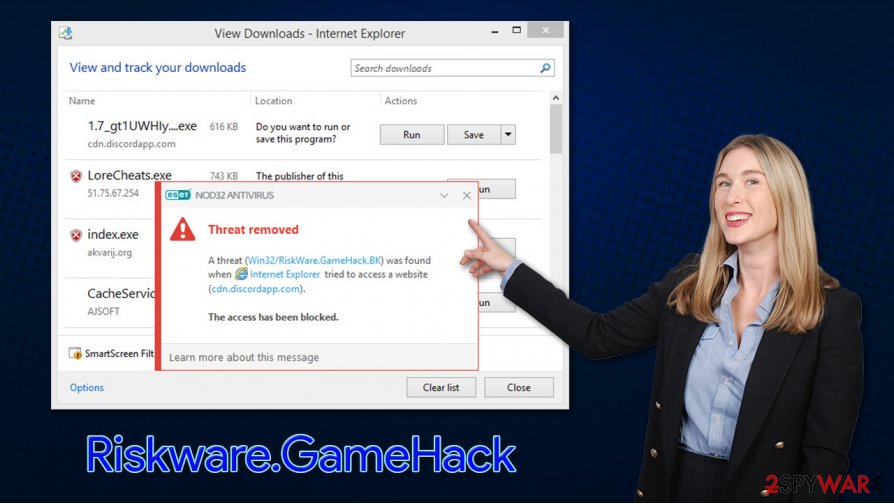
Thus we recommend you remove Riskware GameHack from your machine as soon as your security software flags it. Since there could be a variety of malware types that could be installed from this file, it is important to make sure that your machine is clean – all the malicious files are deleted, and the computer is running as intended.
If you experience lag, crashes, errors, or other issues, it might be that the virus damages your system files, and Riskware GameHack removal will not fix that. In such a case, we recommend using FortectIntego – it can revert virus damage with unique technology, so you don't have to reinstall Windows fully.
Several downfalls of using cheats, cracks and pirated games
As previously mentioned, there are many people who prefer to download cracked programs and install pirated games. This allows them to obtain a product for free. Nonetheless, this act is very much illegal, and is punishable by the law. Besides this, pirated programs can also pose significant danger to users, as they are often used to distribute malware.
The main danger of software cracks is that almost all security applications would flag it as malicious, regardless if malicious payload is being carried by it. Cracks are produced in a way that alters the original code of the particular software – action that is immediately detected by behavioral analysis. Thus, even if the tool is not actually malicious, there is no way to know for a regular computer user.
To keep your computer safe, you should not only stay away from software cracks and similar high-risk programs. Security experts[3] advise following these simple security tips:
- Keep your operating system, installed programs and the security application patched with latest updates;
- Never open email attachments that ask you to enable macro function – it allows the file to download malicious payload and install malware;
- Use strong passwords for all your accounts;
- Do not get tricked by fake update prompts (Flash, Java, Google Chrome, etc.). If you need to update software, visit official developer websites or do it though the app;
- Ensure your security software has real-time protection feature.
Riskware GameHack removal guide
If your security software flagged something you attempted to download from crack website, immediately remove Riskware GameHack virus from your computer by sending it quarantine. If you are unable to delete all the malicious files or the detection keeps coming back, we highly advise you try using alternative security applications, such as SpyHunter 5Combo Cleaner or Malwarebytes.
Keep in mind that malware behind the generic detection name can represent a variety of threats, so Riskware.GameHack removal is extremely important before it manages to cause significant damage to your computer, compromise its security or your personal safety. If the infection managed to access your computer already and you are struggling with its elimination, access Safe Mode with Networking and perform a full system scan from there. Finally, use FortectIntego to fix any virus damage that could be present after the removal process.
Getting rid of Riskware.GameHack. Follow these steps
Manual removal using Safe Mode
If you are unable to delete the infection in normal mode, access Safe Mode with Networking:
Important! →
Manual removal guide might be too complicated for regular computer users. It requires advanced IT knowledge to be performed correctly (if vital system files are removed or damaged, it might result in full Windows compromise), and it also might take hours to complete. Therefore, we highly advise using the automatic method provided above instead.
Step 1. Access Safe Mode with Networking
Manual malware removal should be best performed in the Safe Mode environment.
Windows 7 / Vista / XP
- Click Start > Shutdown > Restart > OK.
- When your computer becomes active, start pressing F8 button (if that does not work, try F2, F12, Del, etc. – it all depends on your motherboard model) multiple times until you see the Advanced Boot Options window.
- Select Safe Mode with Networking from the list.

Windows 10 / Windows 8
- Right-click on Start button and select Settings.

- Scroll down to pick Update & Security.

- On the left side of the window, pick Recovery.
- Now scroll down to find Advanced Startup section.
- Click Restart now.

- Select Troubleshoot.

- Go to Advanced options.

- Select Startup Settings.

- Press Restart.
- Now press 5 or click 5) Enable Safe Mode with Networking.

Step 2. Shut down suspicious processes
Windows Task Manager is a useful tool that shows all the processes running in the background. If malware is running a process, you need to shut it down:
- Press Ctrl + Shift + Esc on your keyboard to open Windows Task Manager.
- Click on More details.

- Scroll down to Background processes section, and look for anything suspicious.
- Right-click and select Open file location.

- Go back to the process, right-click and pick End Task.

- Delete the contents of the malicious folder.
Step 3. Check program Startup
- Press Ctrl + Shift + Esc on your keyboard to open Windows Task Manager.
- Go to Startup tab.
- Right-click on the suspicious program and pick Disable.

Step 4. Delete virus files
Malware-related files can be found in various places within your computer. Here are instructions that could help you find them:
- Type in Disk Cleanup in Windows search and press Enter.

- Select the drive you want to clean (C: is your main drive by default and is likely to be the one that has malicious files in).
- Scroll through the Files to delete list and select the following:
Temporary Internet Files
Downloads
Recycle Bin
Temporary files - Pick Clean up system files.

- You can also look for other malicious files hidden in the following folders (type these entries in Windows Search and press Enter):
%AppData%
%LocalAppData%
%ProgramData%
%WinDir%
After you are finished, reboot the PC in normal mode.
Finally, you should always think about the protection of crypto-ransomwares. In order to protect your computer from Riskware.GameHack and other ransomwares, use a reputable anti-spyware, such as FortectIntego, SpyHunter 5Combo Cleaner or Malwarebytes
How to prevent from getting malware
Do not let government spy on you
The government has many issues in regards to tracking users' data and spying on citizens, so you should take this into consideration and learn more about shady information gathering practices. Avoid any unwanted government tracking or spying by going totally anonymous on the internet.
You can choose a different location when you go online and access any material you want without particular content restrictions. You can easily enjoy internet connection without any risks of being hacked by using Private Internet Access VPN.
Control the information that can be accessed by government any other unwanted party and surf online without being spied on. Even if you are not involved in illegal activities or trust your selection of services, platforms, be suspicious for your own security and take precautionary measures by using the VPN service.
Backup files for the later use, in case of the malware attack
Computer users can suffer from data losses due to cyber infections or their own faulty doings. Ransomware can encrypt and hold files hostage, while unforeseen power cuts might cause a loss of important documents. If you have proper up-to-date backups, you can easily recover after such an incident and get back to work. It is also equally important to update backups on a regular basis so that the newest information remains intact – you can set this process to be performed automatically.
When you have the previous version of every important document or project you can avoid frustration and breakdowns. It comes in handy when malware strikes out of nowhere. Use Data Recovery Pro for the data restoration process.
- ^ Backdoor (computing). Wikipedia. The free encyclopedia.
- ^ Riskware.Gamehack malware?. Reddit. Social network.
- ^ Lesvirus. Lesvirus. Cybersecurity advice and malware insights.
